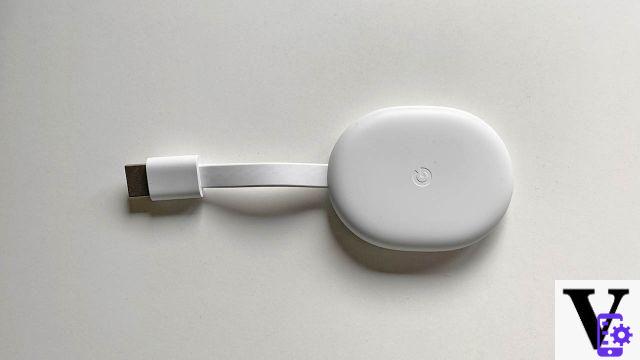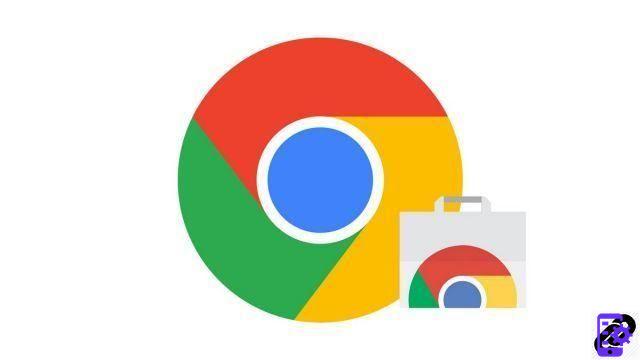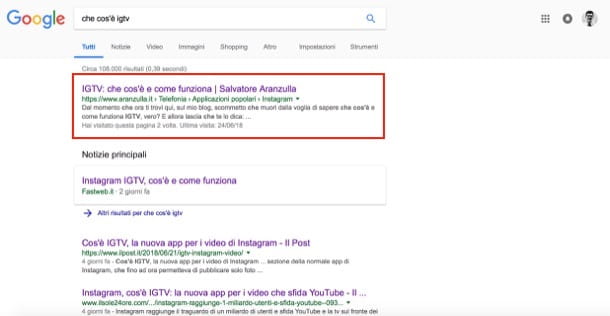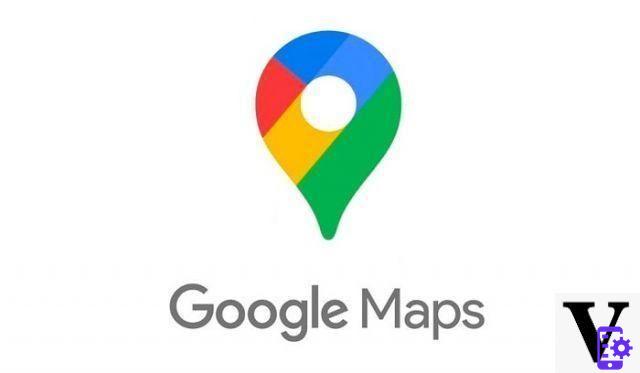Although it seems strange, due to some obsolete platforms and a bit of die hard habits, Internet Explorer has had for years (and had until last month) the merit of be the most used desktop browser in the world.
However, it was to be expected that sooner or later this trend would change, so it was in April 2016: according to the statistics of Net Marketshare, in fact, Internet Explorer has lost its primacy in favor of Google Chrome, the Google browser that has managed to infiltrate the daily life of many users.

The decline of Internet Explorer was gradual, mainly thanks to the improvement of competitors (especially Chrome, in fact) and the progressive disinterest of Microsoft, which limited itself to applying the necessary security patches to its browser without committing too much in terms of functionality. On the other hand, the leap to glories Google Chrome, which last year managed to raise a "modest" 27%.
La share difference between the two browsers is negligible - 41.66% for Chrome versus 41.35% for Internet Explorer - but that's a strong signal that shows how the situation is changing despite all those situations that make it almost mandatory (management, compatibility and so on) to use IE.
It's no secret that Microsoft has shifted its efforts to the flagship browser Microsoft Edge, one of the Windows 10 workhorses that the big Redmond is trying to constantly and carefully improve. Before we can fully compete with the two pole giants, however, Windows 10 needs to rise further and that to the browser are officially added features already present and highly appreciated in its competitors, for example support for add-ons.
Will it be just a matter of time?


























